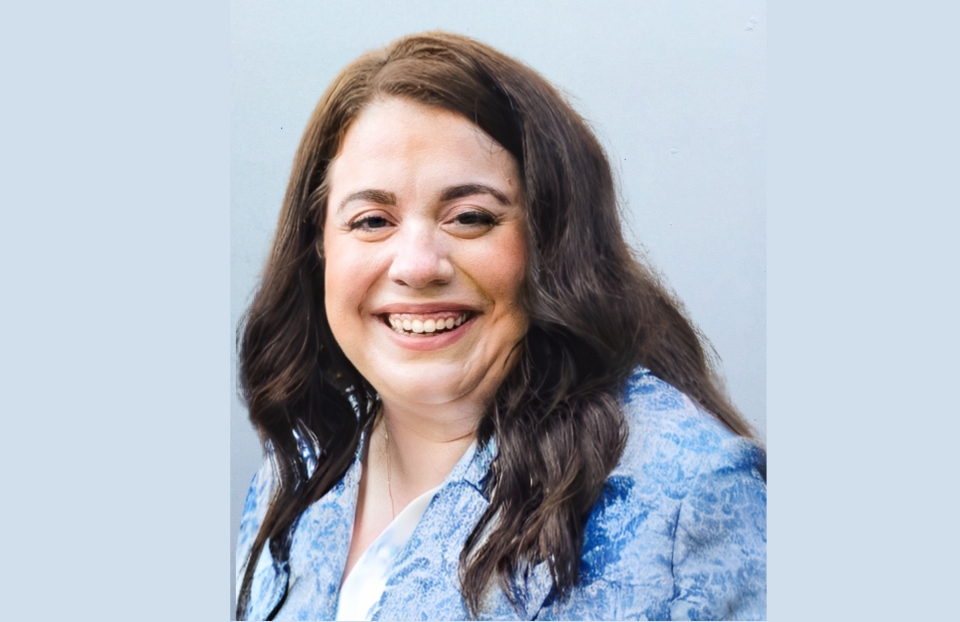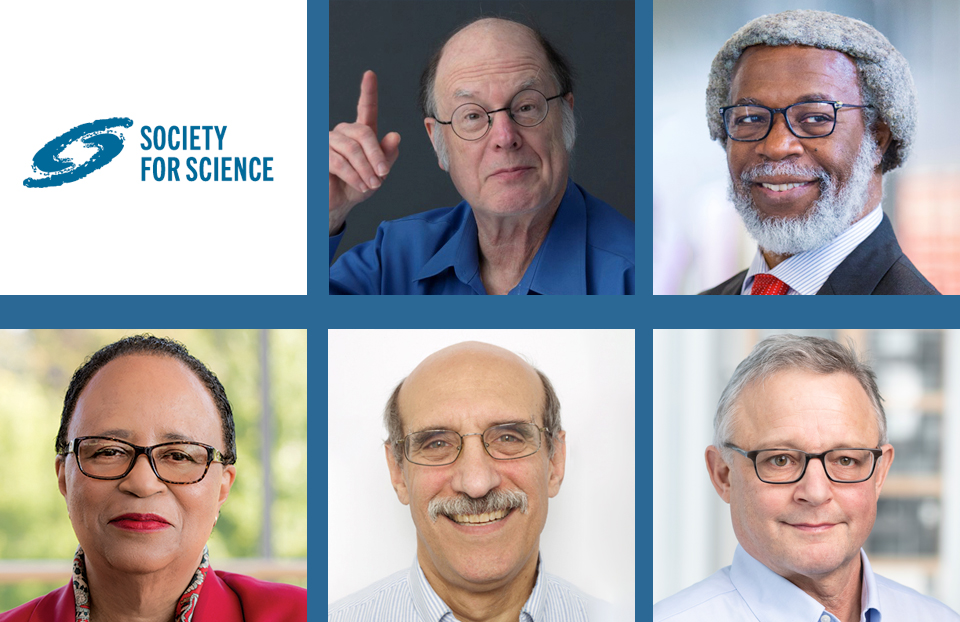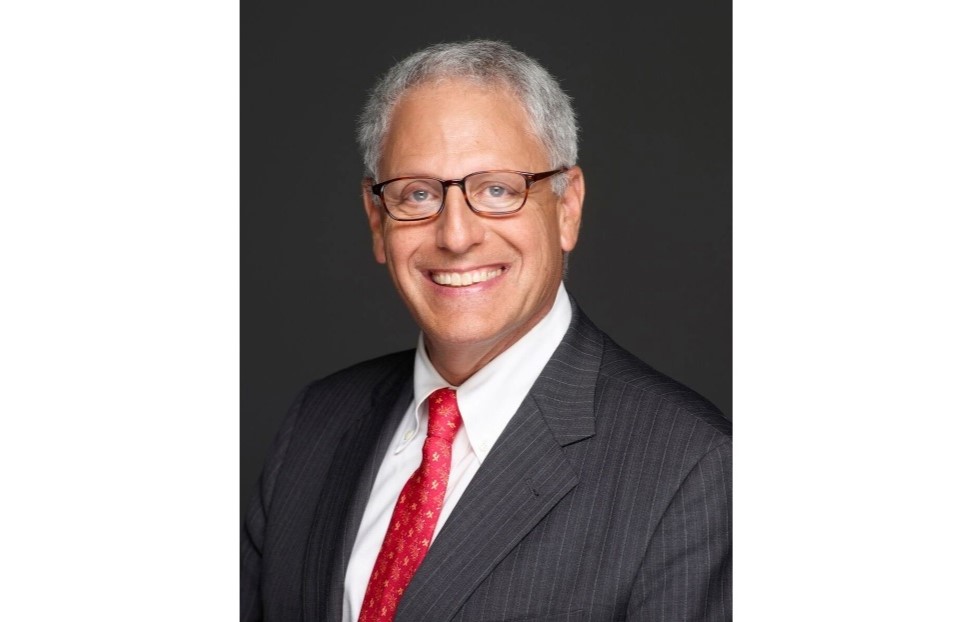James Barron’s Independent Research Program is Growing in Numbers and Enthusiasm
By Caitlin Jennings, Communications Specialist, Society for Science & the Public
SSP Fellow James Barron says the first year of his independent research program at Bronx Theatre High School in Bronx, NY, where the diverse population of students represents more than 30 countries, was a learning experience. But, despite some challenges with logistics, he and his students still accomplished more than they set out to do. Now, the program, which started with six students meeting after school and even on weekends to work on their projects, has since grown to 14 students.
With training and resources from the SSP Fellows Program, James is helping these students learn how to test water samples and conduct research using scientific papers. Two groups are even using reverse osmosis to build water filtrations systems and hope to submit their patents soon. “They’re focusing more on global issues,” James says. Several students are set to compete in upcoming competitions, including the Toshiba/NSTA ExploraVision, the Google Science Fair, and the New York City Science and Engineering Fair.
They have also been able to collaborate with another 2009 SSP Fellow, Susan Vincent, who teaches at the nearby Young Women’s Leadership School in East Harlem, NY. The two groups have met up for field trips and library visits, and they also work together with potential mentors and partners. “[It’s a] great time to collaborate with my own peer,” James says. The SSP funds have also helped them get access to resources like laptops and TI calculators, which James is teaching his students to use.
This spring, James will take his students to Costa Rica to conduct more research. He says the trip is a good way to get more interest in the program because it gets the kids excited, “At the moment we have a lot of kids with a strong interest.”
As the good word continues to spread, he hopes more kids will join the program. “A lot of the younger students, because they’ve had a bad experience, don’t really want to come by,” James says. “A lot of them are discouraged in science.” However, he says the hands-on projects give them a better understanding of what science is, “And a lot of the kids start feeling like they can do it.”


